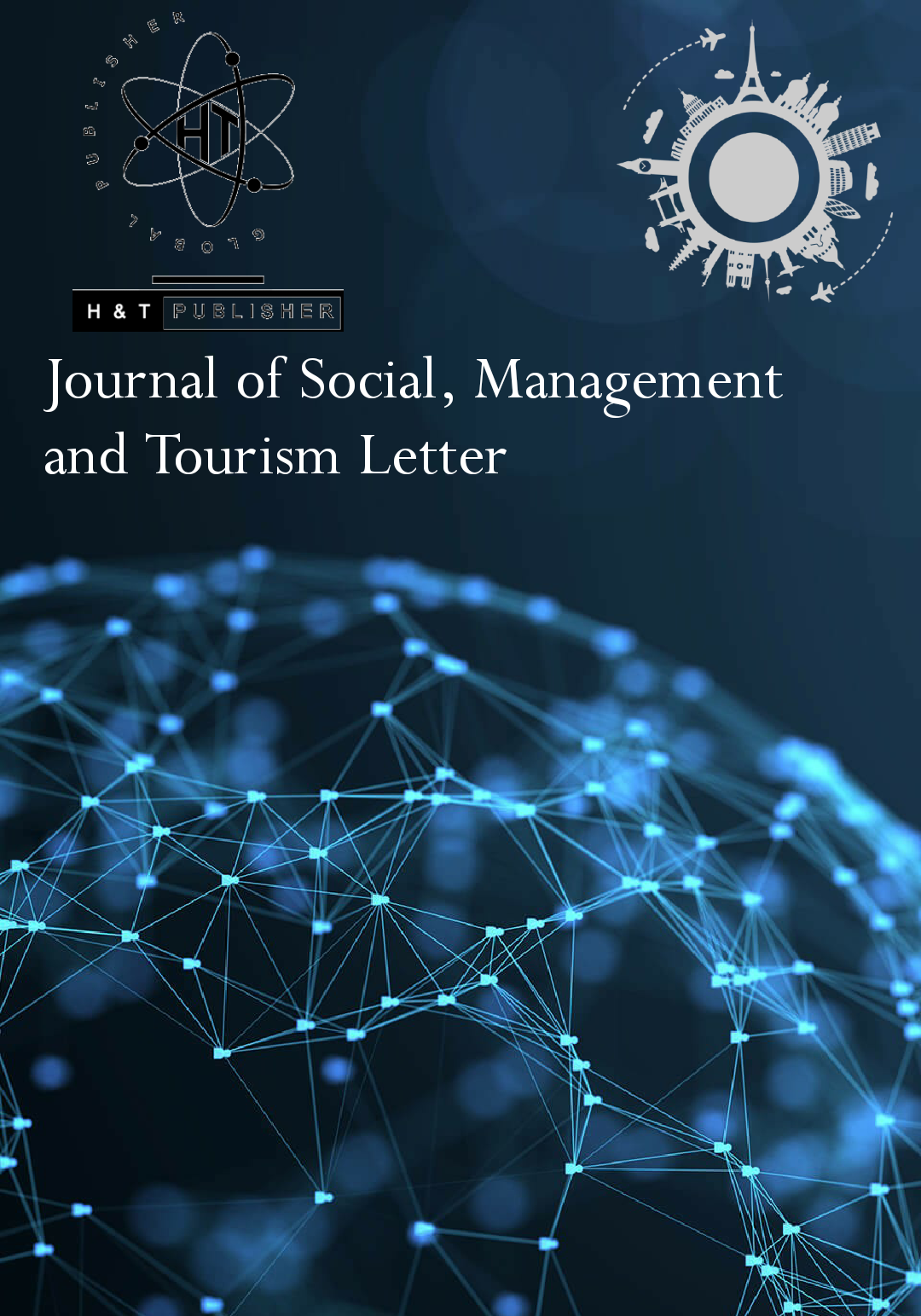


The exploitation of abundant coastal resources presents significant challenges for coastal regions worldwide, engendering a complex interplay between immediate needs and long-term sustainability. Even the Caspian Sea, celebrated for its vastness and natural allure along its southern periphery, grapples with these multifaceted issues. This article investigates the concept of Integrated Coastal Zone Management (ICZM), delineating its various dimensions and practical strategies aimed at achieving its objectives. It underscores the imperative of regional governance and regulatory frameworks, the preservation of biodiversity, and the promotion of sustainable development in coastal areas, particularly in relation to their impact on tourism. Moreover, the article addresses prevailing limitations and obstacles, including the dearth of specialized workforce and educational infrastructure, and suggests remedies such as fostering cooperation, investing in human resource development, and establishing dedicated institutions. These efforts are directed towards establishing a robust framework for the effective management of coastal areas and the judicious utilization of resources, while simultaneously enhancing security and ensuring the sustainable growth of the tourism sector.